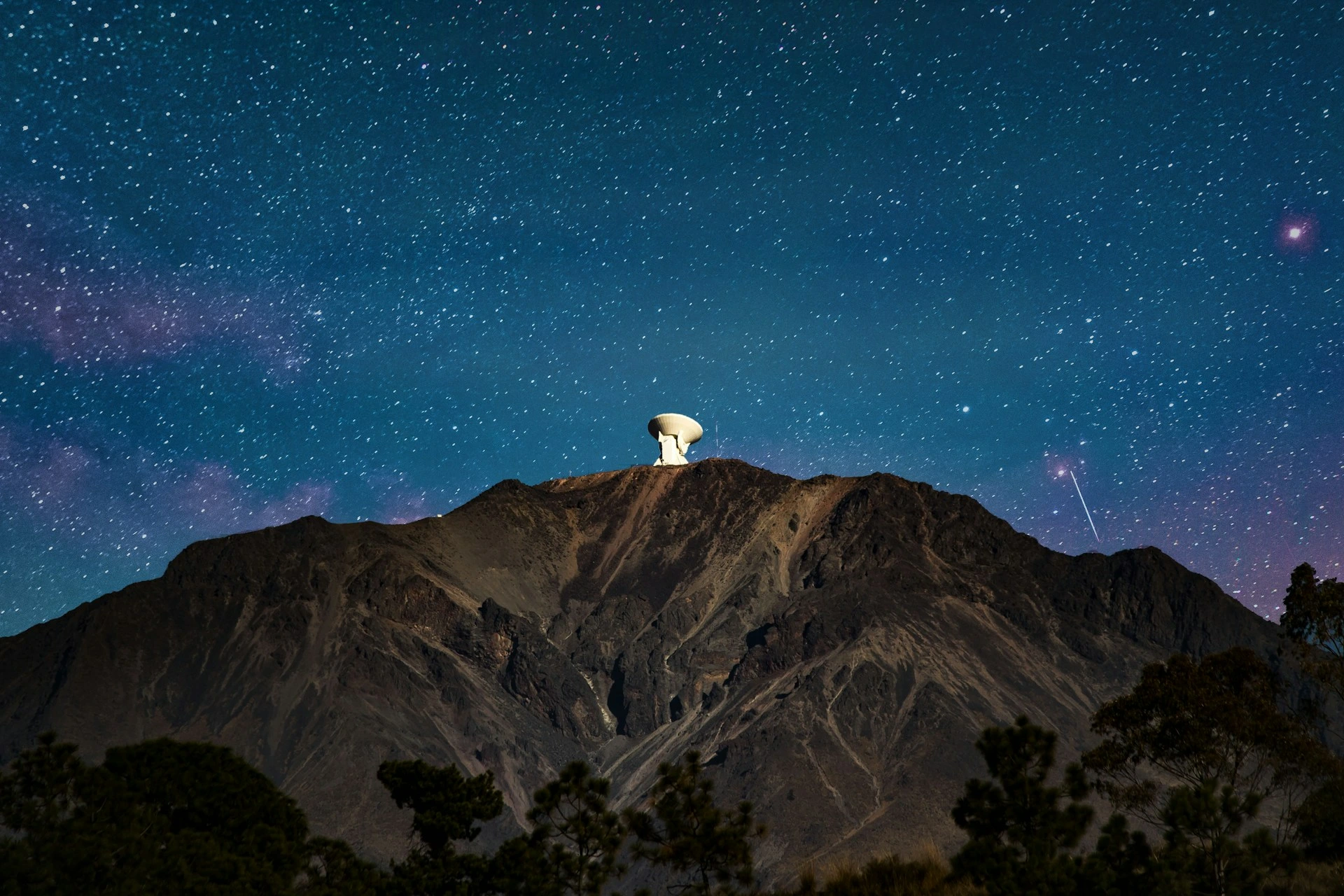
Photo by Kevin Quezada on Unsplash
United Nations Calls For Global Cooperation To Regulate Earth Orbit Traffic
A United Nations panel on space traffic coordination declared that urgent measures must be taken by nations and companies worldwide to track and effectively manage satellites in Earth’s orbit. Sharing data to avoid collisions is one of the strategies suggested by the panel in October to avoid the disruption of global communication, scientific exploration, and navigation.
In a Rush? Here are the Quick Facts!
- A UN panel urged nations and companies to share data and find solutions to manage satellites effectively
- There are over 14,000 satellites and more than 120 million pieces of space junk in low Earth orbit
- Experts fear communication disruption due to orbit traffic congestion and its increasing risks of collisions
According to Reuters, the American company Slingshot Aerospace revealed that there are over 14,000 satellites—including around 3,500 that are inactive—in low Earth orbit. Besides the satellites, there are around 120 million scattered pieces and space junk that are difficult to track.
“There’s no time to lose on space traffic coordination,” said Aarti Holla-Maini, director of the United Nations Office for Outer Space Affairs and co-chair of the UN panel. “With so many objects being launched into space, we have to do everything we can to ensure space safety, and that means facilitating the sharing of information between operators, be they public or private, in order to avoid collisions.”
Low Earth orbit could become unusable unless global organizations cooperate as there is no centralized system to coordinate global satellites and particles in orbit. However, many nations and companies refuse to share private data for safety and commercial reasons.
In the past year, the risk of collision has increased by 17% and tens of thousands of new satellites in orbit are expected in the next few years.
Space innovation and global competition have been developing in the past few years, making experts warn about risks and shifting the space technology ecosystem development.

 Previous Story
Previous Story

 Latest articles
Latest articles 

Leave a Comment
Cancel